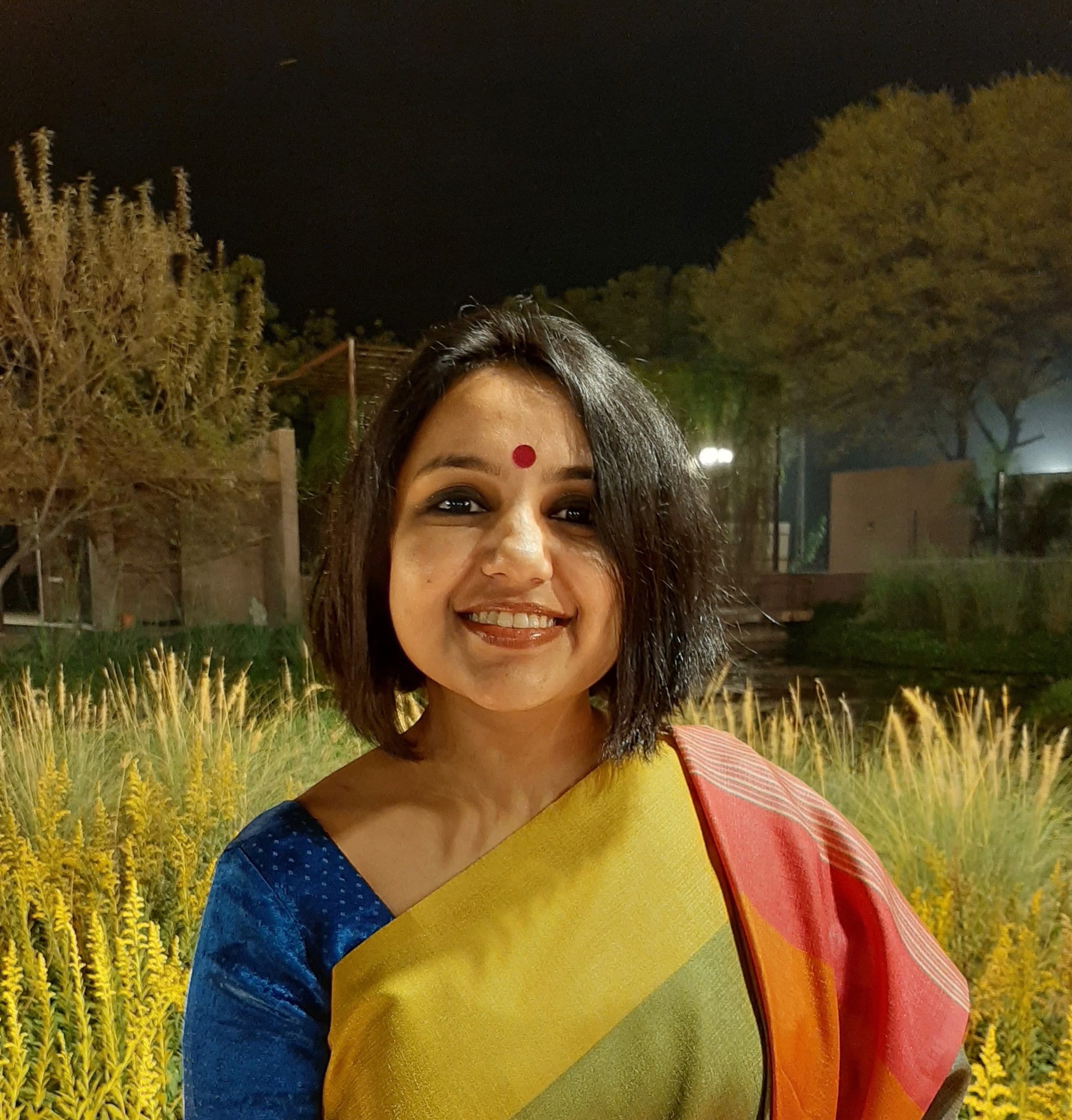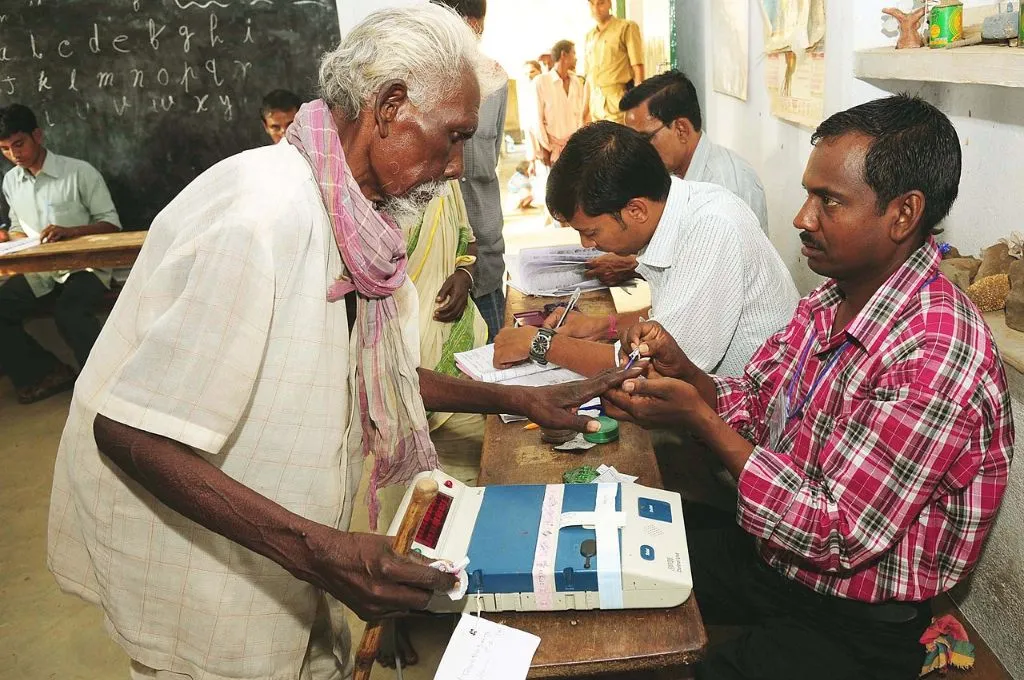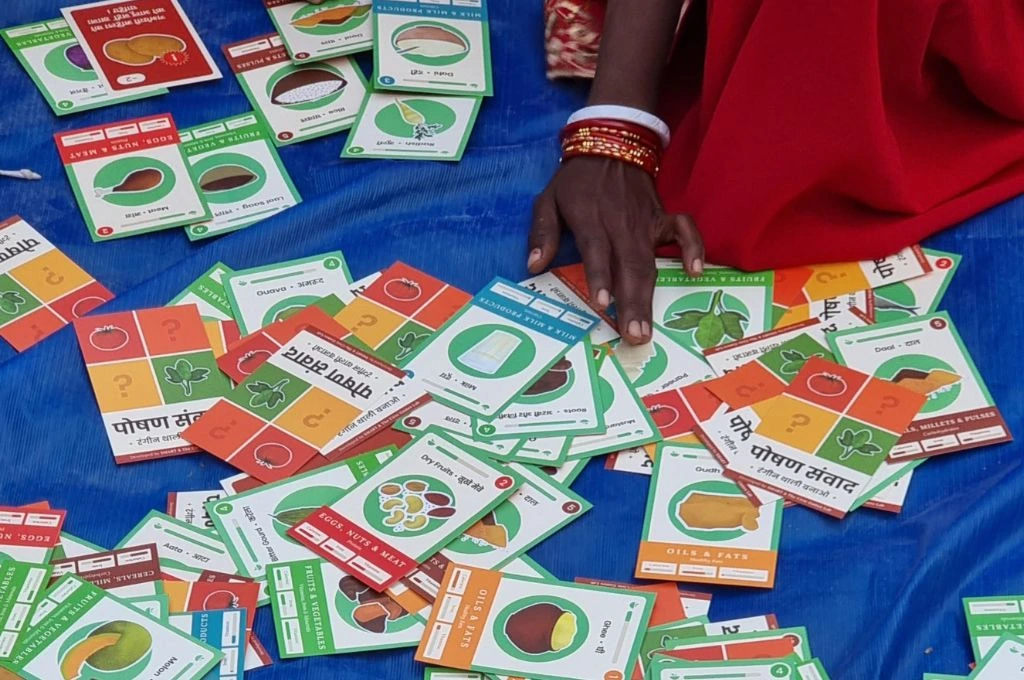Stepping into a new community, especially in a region shaped by political and social complexities, is never just about the work—it’s about relationships. Trust isn’t built overnight, and it certainly isn’t granted just because individuals and institutions in civil society arrive with good intentions. Trust is earned through presence, persistence, and an openness to learning. I have been working with school leaders, teachers, and students in Kashmir for eight years. During this time, I’ve learned that building trust requires many skills—such as being humble about not knowing people’s lived realities, staying curious, showing deep empathy, understanding the region’s political history, and being open to unlearning as much as learning. At ELICIT, the organisation I founded, we work with teachers in conflict-affected regions to rebuild schools as spaces of healing. But this effort begins with asking ourselves the hardest question of all: What does it take to hold space without controlling it?
Leadership, I’ve come to realise, is not something you claim. It is a position that communities assign to you—when you show up with curiosity rather than assumption. And community building is a consistent dynamic practice, where leadership shifts from structures to cultures and multiple skill disciplines come together to respond, which is where my work situates itself. I speak from the position that the impact on the emotional landscape of children in Kashmir builds through multiple crises intersecting in their lived experience. These include protracted armed conflict, economic instability, territorial insurgencies, natural disasters, civil unrest, and issues related to education and healthcare access—together, they constitute a polycrisis.
Teach To ELICIT, our flagship fellowship programme, brings together a cohort of young educators, both from within and outside of the valley, who choose to work closely with children, teachers, and school systems at risk in volatile regions. They work towards building well-being as a non-negotiable movement in the school as a response to the social, political, economic and technological stressors that children endure—all through the route of mainstream education.

These are my observations on how to negotiate working in a politically sensitive area as an outsider.
1. Curiosity over assumption
The most meaningful work starts with asking questions rather than offering solutions. Too often, we enter new spaces with a predetermined understanding of what’s ‘right’ or ‘efficient’, without realising that efficiency is relative. A teacher new to Kashmir might initially struggle with a school’s fluid schedule or informal systems of communication—such as unscheduled, need-based conversation—and read them as inefficiencies. But curiosity prompts a different approach: What purpose do these practices serve here? What histories and constraints have shaped them? This shift from judgment to inquiry signals respect and builds the foundation for trust.
Curiosity goes beyond observation; it requires genuine engagement that tells the community that we value their lived experiences, and that we are here to understand before acting. In my work through the fellowship, I’ve learned that the more questions we ask, the more we uncover layers of resilience and resourcefulness that might not be visible at first glance. This exercise plays out in subtle but decisive moments. A fellow in our programme once shared how she initially read a student’s withdrawal as disinterest. Over time, she came to understand it as fatigue from coping with the everyday volatility. We are not trained to notice this. But education in conflict-affected contexts requires us to re-train our lens. Curiosity is not passive. It is political, and it allows us to shift from reaction to observation.
2. The depth of critical empathy
Curiosity opens the door, but empathy deepens the connection. Not just empathy in the abstract sense, but critical empathy—the ability to listen without imposing our lens. Critical empathy is about seeing experiences as they are, not as we expect them to be.
Fellows in our programme—both Kashmiri and non-Kashmiri—have had to practise this. In one instance, a fellow recounted how she responded to a child who flinched at loud sounds. She didn’t console the child—she paused, sat beside the child, and waited for the words to come. Sometimes they didn’t. And sometimes, silence itself became the container for safety.
3. The political is personal
In regions like Kashmir, politics isn’t just something that exists in the background—it’s woven into daily life. Every interaction, every absence, every word carries meaning. The idea that one can remain ‘neutral’ about their position on Kashmir is an illusion. A person’s choice to stay in the region, to leave, to speak, to remain silent—each of these carries weight in the larger narrative of the region.
In spaces where abandonment is a recurring emotional experience (because of decades of separation from loved ones due to death or departure), simply showing up consistently can be an act of solidarity. We don’t have to position ourselves as saviours or assume roles we weren’t invited into; we just have to recognise the community’s lived experience.
4. Identity shapes perception
No matter how much we try to show up with humility, our identities enter the room before we do. In my case, being identified as Gujarati carried connotations that I might be closely related to the central government of India and that I might share a divisive lens on the community. In Kashmir, the identity of being ‘Indian’ is loaded with historical baggage. It didn’t matter what my personal beliefs were. What mattered was how I was perceived, and how I present myself and the politics I choose to operate with. This included non-threatening and non-appropriating ways of blending in with the people in terms of how I dressed, what I ate, how I treated their routines, how I perceived their distress, and how I made space for my personal needs too.
Early on, I learned that reacting defensively to their assumptions about my religious and political positionality was futile. Instead, I began practising what I now call ‘curious distance’—a reflective stance that allows one to regulate their responses to conflict-induced stress and to navigate personal biases with care. Rather than resisting or trying to prove something, I chose to let interactions unfold organically, giving others the space to see me beyond the frame of a larger political identity. For instance, in the example of recognising fatigue among students, practising curious distance would mean that a teacher remains inquisitive about the coping mechanisms children adopt in response to stress—such as withdrawal—without hastily interpreting these behaviours as acts of defiance or as a reflection of their own inadequacy as an educator.
This shift in approach allows conversations to deepen, misunderstandings to soften, and trust to grow.
5. Understanding non-negotiables
Every place has its non-negotiables—the lines that, when crossed, create irreversible fractures. In Kashmir, the historic, ongoing and impending volatility stays in people’s lived experience and is normalised as a way of life. Being aware of the weight of restricted communication, the impact of surveillance, and the consequences of instability is essential. For example, in a region where digital blackouts are frequent, devising plans that are completely dependent on access to network or to speak to them from the alienating narratives heard in popular news media would be ignorant and sometimes even cause further harm. When we acknowledge these non-negotiables, we adapt accordingly, and in doing so, we demonstrate care.
6. Trust is a long game
Trust, especially in politically and socially complex spaces, isn’t built through a project cycle or a well-designed intervention. It’s built over time, through consistency and the willingness to sit with the discomfort of challenged perspectives. It’s about asking ourselves, “Are we here to lead, or are we here to listen?” The truth is, the best leadership often comes from stepping back, from supporting rather than directing, from honouring local wisdom rather than imposing external frameworks. Trust is not granted—it is cultivated.
To lead in regions of protracted conflict is to know that strategy alone is not enough. It requires presence, practice, and above all, the humility to become invisible when needed.
—
Know more
- Read this blog by the author about leadership in a conflict zone.
- Read this article about moving from leading with control to leading with connection.





